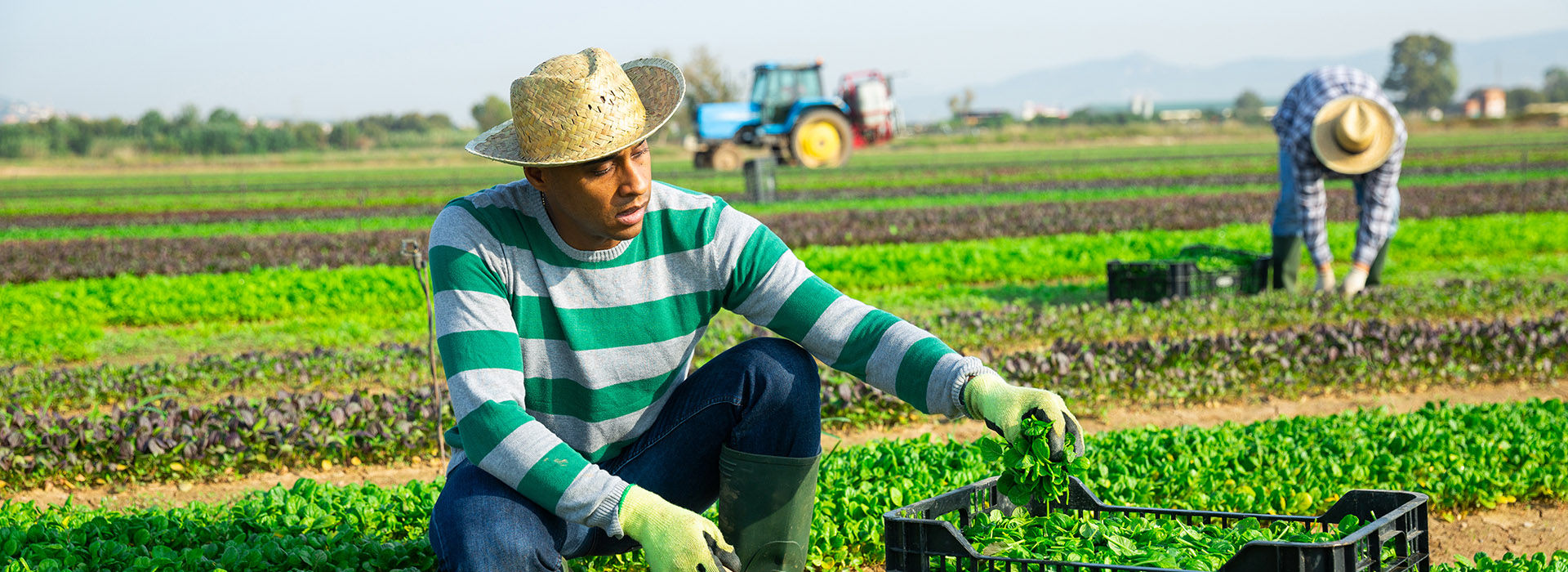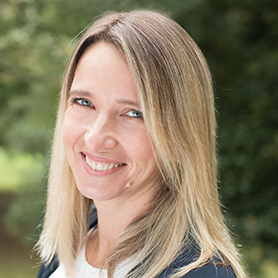Christèle Delbé: Co-ordinating Our Actions for the Common Good
Designing and delivering global sustainability strategies and programmes, alongside being a lecturer and trustee of two charities, Christèle Delbé expertly juggles a diverse portfolio of activities. With a passion for the food value chain and supporting smallholders in emerging markets, here she explains the challenges and solutions for making sustainability an achievable business goal.


Christèle Delbé
Sustainable Business Director & Strategist
Q.
What do you think has influenced your interest in sustainability?
For the first 12 years of my life, I lived in West Africa where my father was a tropical veterinary and visited smallholder farmers to deliver training about how to look after their cattle. It wasn’t called it at the time, but it was very much about sustainability because a lot of his work was helping the livelihood of the smallholder. There was a purpose to his role, and I grew up seeing that. Then in my early twenties I spent a summer in Sweden and whilst looking for ways to fill my time I walked into Greenpeace’s head office in Gothenburg and offered to volunteer. I absolutely loved it and felt I’d found my calling but couldn’t see how to make it into a career. I then learnt that the Swedish government were funding a new International MSc in Environmental Management and Policy. I applied straight away, finished my Business degree in London and then spent the next year in Sweden where I was part of the first cohort of 30 students from 28 different nationalities. I never looked back. Sustainability was still not a term that was used, but it I was introduced to the ‘triple bottom line’ introducing the concept that it’s not just the environment, but the social and the economic. This was revolutionary but made perfect sense. The rest is history.
Q.
What role does company culture play when creating sustainable value?
Company culture is ultimately what delivers real change. If the culture isn’t mature enough to see sustainability as a priority business goal, it simply won’t succeed, even if a company sets targets that are published externally. Currently, I’m supporting the development and delivery of courses for corporates who have an ambition, but realise that you can’t change a culture, mindset, and behaviour simply by setting goals and strategies. You need to involve hearts and minds, engage them emotionally, intellectually, and operationally. It’s not about transferring training tools to employees or telling them what to do, it’s about moving them to a point where they feel charged to do something and personally want to do it. It’s very powerful to show the personal, community, organisational and macro affects.
"Technology doesn’t fix something that is broken. If there is no trust in the value chain, then throwing technology into the mix will only exacerbate the problem."
– Christèle Delbé, Sustainable Business Director & Strategist
Q.
How can technology and innovation unlock sustainable change?
I have spent a lot of my professional life looking at how technology can unlock impact and there’s no doubt that digital technology and its affordability is fostering innovations that can unlock sustainable change. For example, I am currently working with a number of FMCG companies to co-create capacity building programmes for smallholder value chains. Digital tools enable us to complement the traditional face-to-face training which smallholders receive. A mobile platform is a great tool to collect data and to enhance traceability by tracking transactions. The key thing to remember is that digital tools are amazing to enhance and optimise a value chain, but they cannot be used to make up for an inherent lack of trust. Technology doesn’t fix something that is broken. If there is no trust in the value chain, then throwing technology into the mix will only exacerbate the problem.
Q.
In your work with smallholders, what is the main challenge for achieving a more sustainable future?
This is what I refer to as the tragedy of the commons, whereby if we don’t co-ordinate our actions for the common good of everyone, we will fail. Collaboration is essential and, in my work, I see a big challenge is around having the right financial mechanism to support impact. For example, we know what smallholders need, but a big gap is access to finance and the perceived risk by financiers of dealing with smallholders. I am, for example, working with an organisation that is looking at setting up an impact fund that has blended finance to support food value chains. There’s still a lot of work to be done, but there is a lot of movement in the financial space to unlock change.
"If we don’t co-ordinate our actions for the common good of everyone, we will fail. This is what I refer to as the tragedy of the commons."
– Christèle Delbé, Sustainable Business Director & Strategist
Q.
How do you see other roles such as safety and operational risk management can help to create a sustainable business?
I would say that safety is one the founding pillars of sustainability. Companies have a duty to do things to avoid harm to their employees. They must get that right in order to earn the right to credibly deliver additional positive value. I also see that operational risk management is increasingly merging with sustainability. An obvious touchpoint here is climate change. whereby it’s not just about how businesses can reduce their own impact, it’s about considering how it will affect their business and mitigating the risks.
Q.
As a leader in sustainability what are your top three drivers to encourage corporates to prioritise sustainable business goals?
Firstly, I would say that sustainability is a fantastic platform for innovation. It’s a lens for a company to reinvent itself and shape a value proposition that resonates with its customers and employees. It opens doors to developing new products and services and the possibilities become endless. This also links into employee engagement because commitment to sustainability is increasingly becoming a given. It’s not an add-on, it’s expected, and its credibility and the value it adds to society is an integral part of why employees choose to join a company, boosting productivity and retention. Finally, it provides access to new funding options through green finance that is linked to sustainability performance.
"I would say that sustainability is a fantastic platform for innovation. It’s a lens for a company to reinvent itself and shape a value proposition that resonates with its customers and employees."
– Christèle Delbé, Sustainable Business Director & Strategist
Q.
With extensive experience in sustainability, what would you say to other women looking to progress in this field of work?
You don’t need to have a role that solely focusses on sustainability to have an impact and I think that companies should be looking to systematically embed sustainability into all functions and roles. But I do think that there is a very strong reason for the world to need more women leading in this area of work and that’s because women’s mindset and skills can help to solve the complex challenges that we are facing. We need to diversity of thoughts and working style to deliver change. Collaboration and empathy are skills which are more essential than ever, and women tend to naturally have these assets. It’s the notion of caring beyond your own role, beyond the company, with a sense of next generation purpose. These are vital skills that are sometime under played in more traditional business but are instrumental in sustainability.